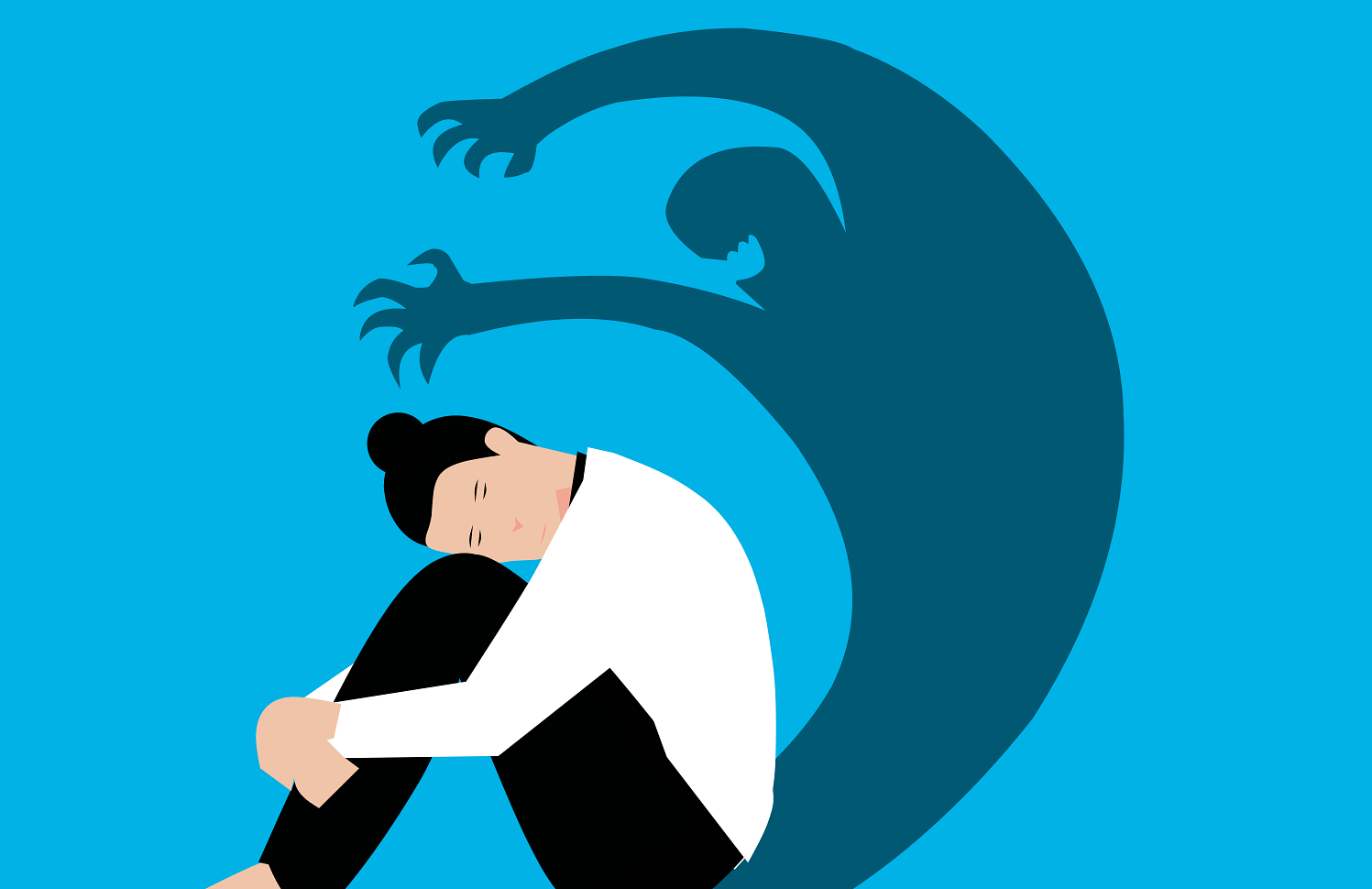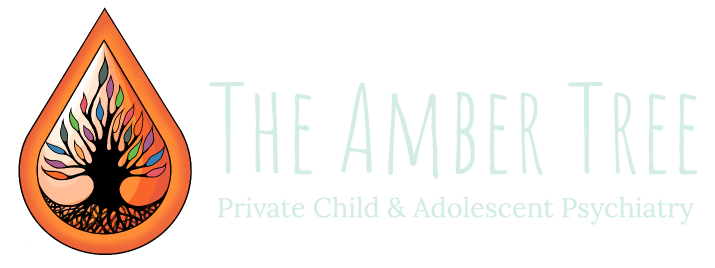Understanding Anxiety
Anxiety is a natural response to stress or challenging situations. It’s your body’s way of preparing for something it thinks could be dangerous. However, when anxiety occurs for things that are not dangerous it can become overwhelming or persistent and interfere with daily life.
Signs of Anxiety:

- Physical Symptoms:
- Rapid heartbeat
- Shortness of breath
- Sweating
- Trembling or shivering
- Upset digestive system or nausea
- Brain Symptoms:
- Feeling Worry or fear
- Feeling restless or on edge
- Feeling unreal
- Irritability
- Trouble concentrating
- Sleep difficulties
- Having “what if” type thoughts
- Catastrophising thoughts
Tips for Managing Anxiety
- Breathing Exercises:
- Practice deep, slow breaths counting slowly to 5 with each breath to calm your nervous system.
- Physical Activity:
- A daily walk or exercise you enjoy can help reduce anxiety especially if its outside.
- Healthy Eating:
- Eat a balanced diet to support your physical and mental well-being.
- Mindfulness and Relaxation:
- Meditation, yoga or just a warm bath can help calm your mind.
- Set Realistic Goals:
- Break tasks into small manageable steps to avoid feeling overwhelmed when doing things that trigger anxiety.
- Express Yourself:
- Talk about your feelings, write in a journal, or engage in creative activities.
- Establish a Routine:
- Predictability can provide a sense of control and stability.
- Don’t Just Avoid Triggers:
- Identify situations or activities that make you feel anxious. Although it maybe tempting to avoid them altogether it is better to adapt those that can be adapted and takle the others in small steps. Having a plan about how to cope can make a big difference.
Remember You’re Stronger Than Your Anxious Brain Lets You Think.
